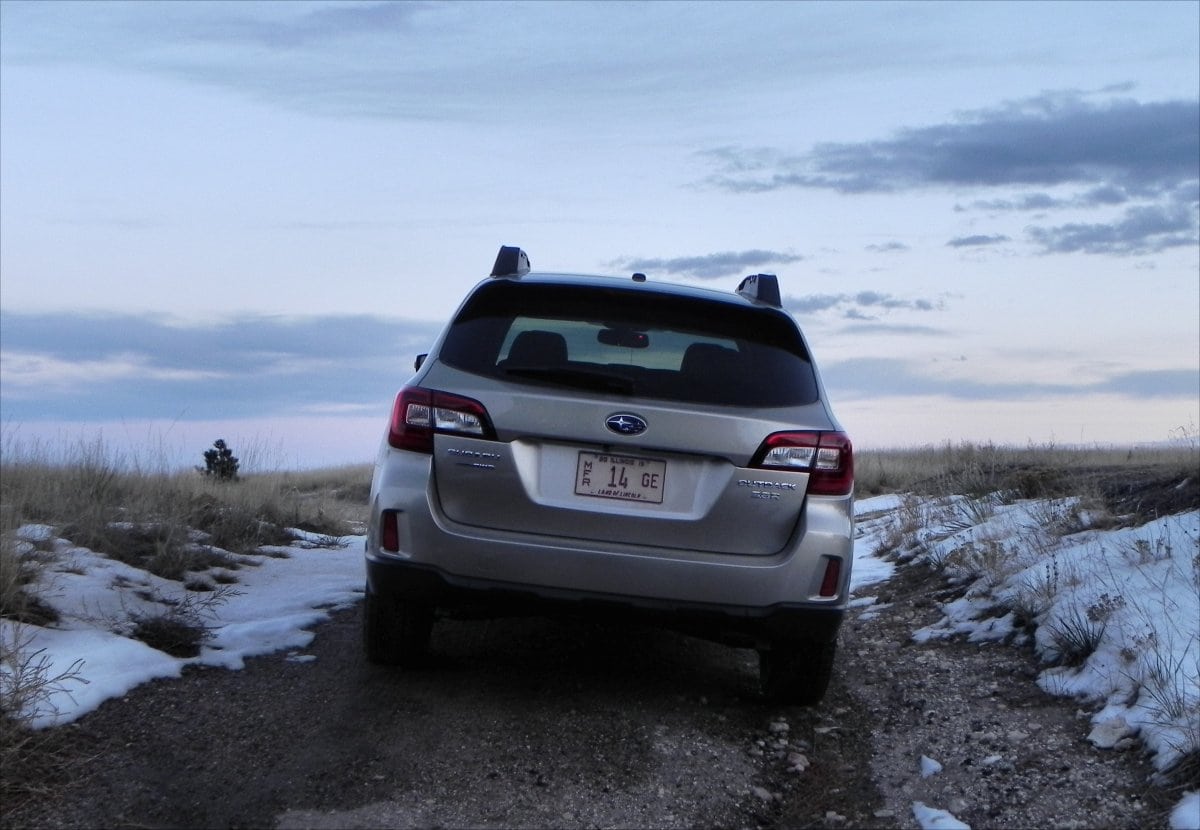There are numerous things you can do to ensure you receive the most money from selling your car. Getting the best deal on a used car can help you pay off your current loan and significantly reduce the amount you will spend on a new vehicle. Your options include selling it directly to a private party buyer or simply trading it in at a car dealership. Selling it yourself could earn you the most money, but it requires more planning and patience than trading it in.
No matter how you decide to sell your car, you’ll need to be able to negotiate, stay calm when under pressure, and be prepared to reject a poor offer.
Decide how to sell the car
Choosing the right dealership
As we said before, offering your car as a trade-in to the dealership where you’re getting your new vehicle is the simplest way to sell it. You won’t receive top dollar for your work, but you might be able to avoid paying some sales tax.
Finding the best dealership is the first step. Make sure the dealership utilizes the most recent automotive purchasing trends and has user-friendly software to connect with its clients. These dealerships should be your go-to place since they use cutting-edge technology and automotive intelligence to ensure your business with them is clear from the start and not a frightening procedure.
Selling it yourself
Even if your car isn’t functioning, it still might be repairable and useable. Be honest when listing the car on online marketplaces if you decide to take this route. Its non-operation is disclosed to prospective buyers, and any issues you suspect may exist are described. Someone who is skilled with automobiles might choose to fix and use it.
Alternatively, some companies like Orthodox Auto Co, purchase non-running vehicles in hopes of fixing them and reselling them, as well as selling the useable parts that can be salvaged from a junk car. This type of selling is very easy and straightforward and can be the easiest way out if you have nothing left to do with your non-running car.
Get the vehicle ready for sale
Depending on who you’re selling your car to, you may need to put forth more or less effort in getting it ready for sale. It’s a delicate balancing act because you don’t want to invest too much time or money if you won’t see much return. Additionally, you don’t want to ignore easy steps that could aid in your car selling more quickly and for a higher price.
For instance, washing or waxing won’t help you sell a junk car that is 15 years old and has 200,000 miles on it for more money. On the other hand, investing time and money in some cosmetic reconditioning when selling a three-year-old luxury vehicle can pay off at the time of negotiation.
You might want to think about repairing minor cosmetic damage based on the age and quality of your car. Many businesses can come to you for repairs on things like door dings, scratches on the bumper, and cracked windshields because they can be fixed cheaply and efficiently.
Prepare for a pre-purchase inspection
You must be ready for this request because buyers should never buy a used car without first having it thoroughly inspected by an independent mechanic. You have three options: you can drive with them to the shop, schedule a time to meet a mobile mechanic at your home or place of business, or you can take the car to the mechanic of their choice.
It’s not decisive if one or two problems are discovered during the inspection. The buyer might ask you to decrease your price, but the choice is ultimately yours. In some states, you are required to fix a problem once you become aware of it in order to make the car marketable. You shouldn’t feel pressured to make any repairs or use their shop by a potential buyer or their mechanic.
Settle the price
The fear of haggling over the car’s sale price is one of the main reasons so many people opt for dealer trade-ins. Many people dislike the confrontational nature of price haggling. It’s crucial to keep in mind that buying or selling a car is a business decision, and feelings shouldn’t enter into your discussions.
When a seller develops an emotional bond with the vehicle they’re selling, problems can arise because the seller may be tempted to overlook the vehicle’s flaws. Even though you no longer mind the rattles and squeaks, a potential buyer might. Experienced car buyers will throw you a very low initial offer while pointing out every flaw in the vehicle (as do some dealership salespeople). It’s an attempt to make you doubt the value of the price you’ve determined. You will be able to counter their bid with a counteroffer you can support considering you did your research beforehand.
Final Thoughts
Selling a car typically comes down to using marketing strategies. Today’s process is quite simple thanks to the rapidly expanding popularity of online marketing. Traditional offline techniques, however, are still quite popular and haven’t lost their significance. Use the information that we’ve shared with you to create a whole new strategy when you’re selling your car.







